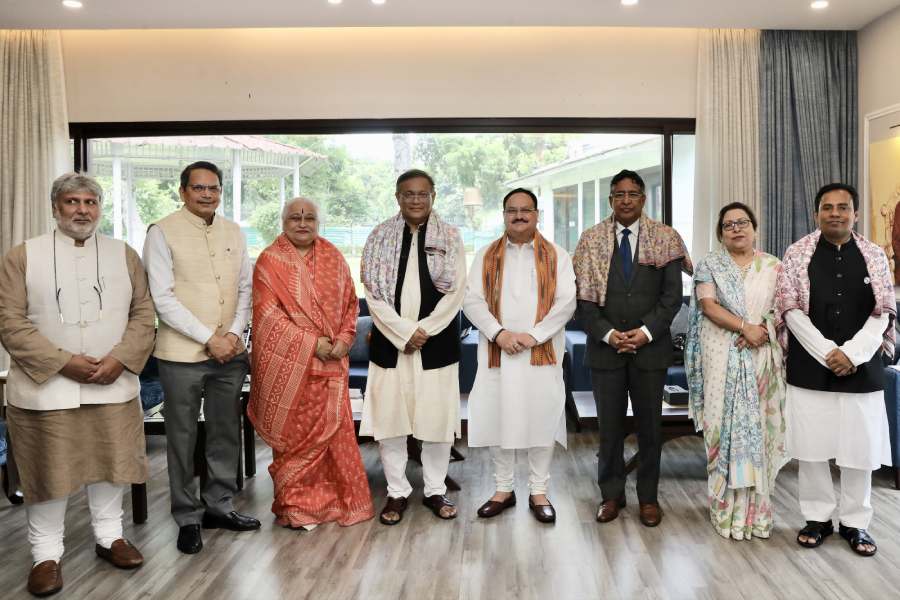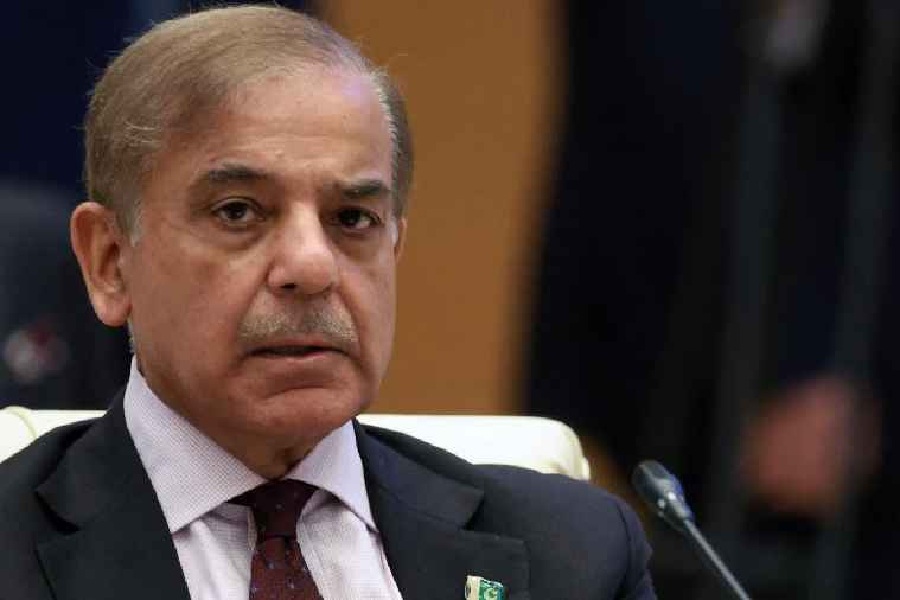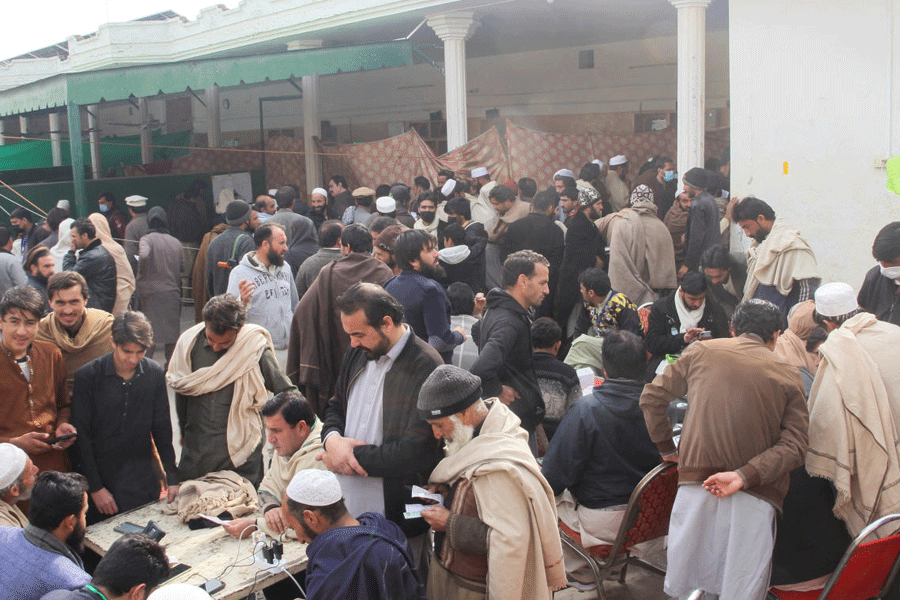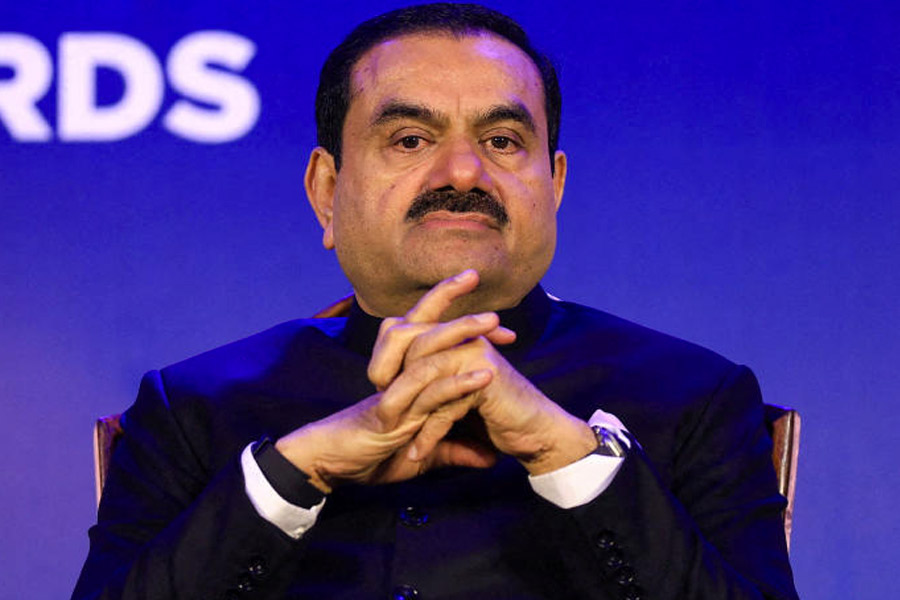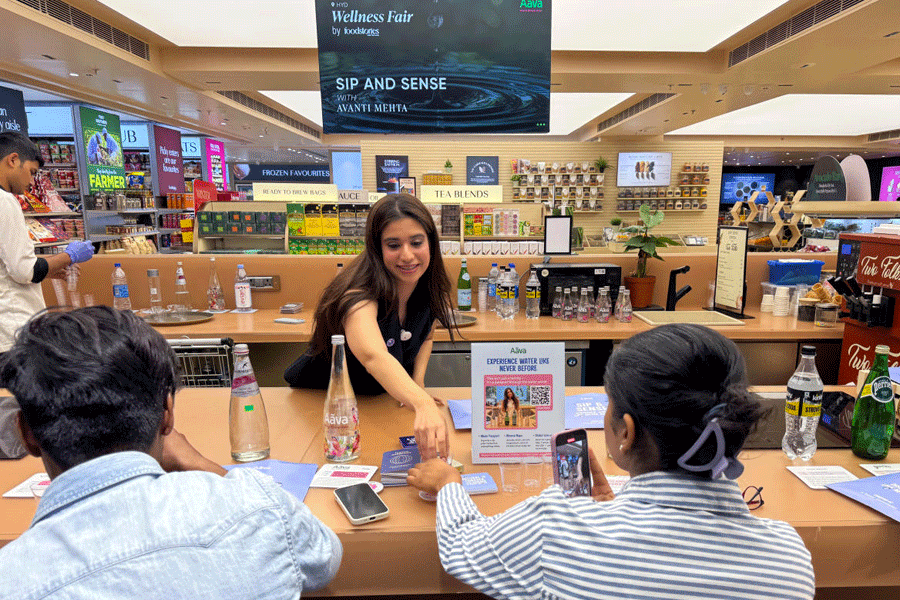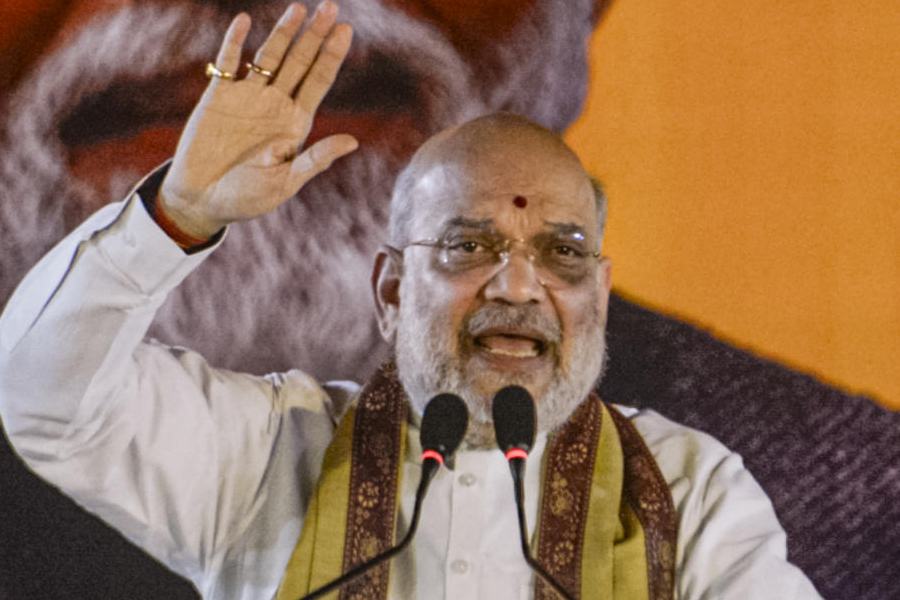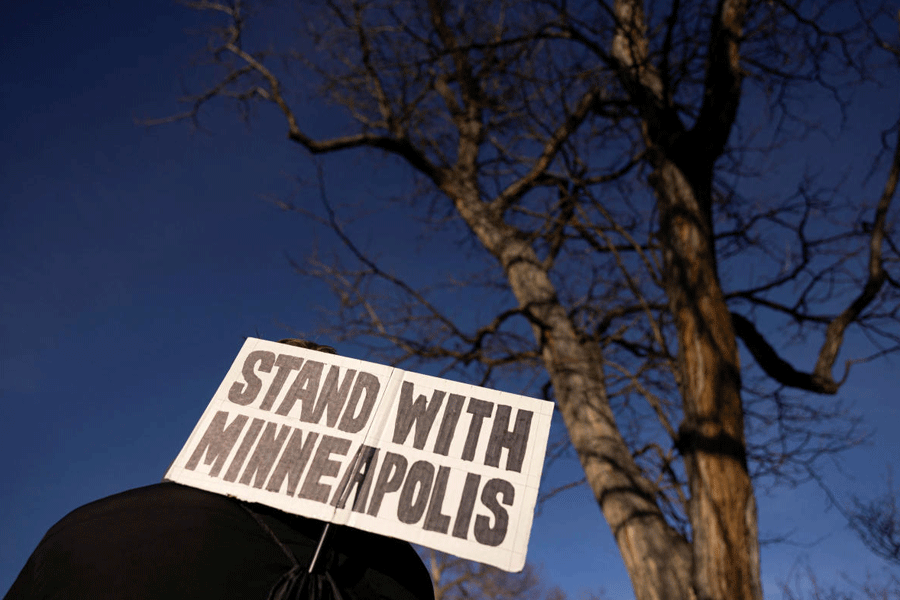A team of senior Awami League politicians from Bangladesh conveyed to BJP president J.P. Nadda during a meeting in Delhi that the sudden ban on exports of items like onion and wheat from India has often resulted in anti-Indian sentiment in the neighbouring country.
They urged Nadda to take up the issue with the government to ensure “smooth and predictable supplies” of daily-use items from this side of the border.
Bangladesh is heavily dependent on India to meet the domestic demand for daily necessities like wheat and onion. India has, several times in the recent past, banned the export of these products during low domestic production or rising prices of these essential items in India. This resulted in a severe shortage of these products in Bangladesh.
“The fact that such measures not only create a demand-supply mismatch and result in a spike in prices but also accentuates anti-Indian feeling was conveyed to Nadda-ji... He said that he would take up the issue with the government,” said a source, who was present at the meeting between the five-member Awami League delegation and Nadda.
The Bangladesh team — visiting India as part of the ruling party’s “Know BJP” initiative — included Awami League praesidium member and agriculture minister Md. Abdur Razzaque, the party’s joint-general secretary and information and broadcasting minister Hassan Mahmud, its organising secretary Sujit Roy Nandi and MPs Aroma Dutta and Marina Jahan.
Though India and Bangladesh enjoy a friendly diplomatic relationship, anti-Indian sentiment has been on the rise among ordinary people in the Muslim-majority country for a variety of reasons, ranging from India’s apparent influence in domestic politics to regular reports of attacks on Muslims from different parts of the country.
As Prime Minister Sheikh Hasina is perceived as pro-India in Bangladesh, this image often goes against her as the Opposition tries to corner her whenever supplies of essential items dry up from India.
“The supply of onion and wheat from India stopped suddenly several times in the last few years, resulting in onions selling at Tk 300 a kg and wheat prices crossing Tk 60 a kg mark... The sudden spike in prices of items that we import from India raises uncomfortable questions for the Prime Minister as people consider her pro-India,” said a source in Dhaka.
The visiting Bangladeshi delegation, which met external affairs minister S. Jaishankar on Monday, will meet commerce minister Piyush Goyal on Tuesday and are expected to raise the same issue as price rise has become a major concern for the Awami League ahead of the elections, likely to be held in December-end or early January.
Against this backdrop, there is a likelihood of India offering an annual fixed quota for essential commodities, including wheat and onion, for Bangladesh so that occasional embargoes on exports do not result in supply shocks, said a source.
The decision is likely to be announced during Hasina’s upcoming visit to India in early September, the source added.
The Awami League delegation’s Delhi trip on the invitation of the ruling party in India is also seen as a prelude to Hasina’s last visit to a foreign country ahead of the crucial elections that will determine whether she can retain power for the fourth time in a row by beating anti-incumbency mood among a large section of the population.
Though most political analysts think that the Opposition parties in Bangladesh are in a state of disarray and are unlikely to reap political dividends from the discontent prevailing in the country, the ruling Awami League is saddled with a different challenge.
The US and several European countries, which had earlier questioned the fairness of the last two elections, have publicly communicated to the Hasina government that it has to ensure free and fair elections this time. The Joe Biden administration has recently come out with a new set of visa norms that threatened to restrict entry of Bangladeshis undermining democratic elections. A team of senior Awami League politicians from Bangladesh conveyed to BJP president J.P. Nadda during a meeting in Delhi that the sudden ban on exports of items like onion and wheat from India has resulted in anti-Indian sentiment in the neighbouring country.
They urged Nadda to take up the issue with the government to ensure "smooth and predictable supplies" of daily-use items from this side of the border.
Bangladesh is heavily dependent on India to meet the domestic demand for daily necessities like wheat and onion. India has, several times in the recent past, banned the export of these products during low domestic production or rising prices of these essential items in India. This resulted in a severe shortage of these products in Bangladesh."
The fact that such measures not only create a demand-supply mismatch and result in a spike in prices but also accentuates anti-Indian feeling was conveyed to Nadda-ji... He said that he would take up the issue with the government," said a source, who was present at the meeting between the five-member Awami League delegation and Nadda.
The Bangladesh team — visiting India as part of the ruling party's "Know BJP" initiative — included Awami League praesidium member and agriculture minister Md. Abdur Razzaque, the party's joint-general secretary and information and broadcasting minister Hassan Mahmud, its organising secretary Sujit Roy Nandi and MPs Aroma Dutta and Marina Jahan.
Though India and Bangladesh enjoy a friendly diplomatic relationship, anti-Indian sentiment has been on the rise among ordinary people in the Muslim-majority country for a variety of reasons, ranging from India's apparent influence in domestic politics to regular reports of attacks on Muslims from different parts of the country.
As Prime Minister Sheikh Hasina is perceived as pro-India in Bangladesh, this image often goes against her as the Opposition tries to corner her whenever supplies of essential items dry up from India."
The supply of onion and wheat from India stopped suddenly several times in the last few years, resulting in onions selling at Tk 300 a kg and wheat prices crossing Tk 60 a kg mark... The sudden spike in prices of items that we import from India raises uncomfortable questions for the Prime Minister as people consider her pro-India," said a source in Dhaka.
The visiting Bangladeshi delegation, which met external affairs minister S. Jaishankar briefly on Monday, will meet commerce minister Piyush Goyal on Tuesday and is expected to raise the same issue as price rise has become a major concern for the ruling Awami League ahead of the general elections, likely to be held in December-end or early January.
Against this backdrop, there is a likelihood of India offering an annual fixed quota for essential commodities, including wheat and onion, for Bangladesh so that occasional embargoes on exports do not result in supply shocks, said a source. The decision is likely to be announced during Hasina's upcoming visit to India in early September, the source added.
The Awami League delegation's Delhi trip on the invitation of the ruling party in India is also seen as a prelude to Hasina's last visit to a foreign country ahead of the crucial elections that will determine whether she can retain power for the fourth time in a row by beating anti-incumbency mood among a large section of the population.
Though most political analysts think that the Opposition parties in Bangladesh are in a state of disarray and are unlikely to reap political dividends from the discontent prevailing in the country, the ruling Awami League is saddled with a different challenge. The US and several European countries, which had earlier questioned the fairness of the last two elections, have publicly communicated to the Hasina government that it has to ensure free and fair elections this time. The Joe Biden administration has recently come out with a new set of visa norms that threatened to restrict entry of Bangladeshis undermining democratic elections.
Though Bangladeshi authorities have reiterated their commitment to ensure free and fair polls, the senior Awami leadership think that the apparent US interference in the internal affairs of the country are "uncalled for" and "unnecessary". Though these issues did not come up at the official meetings, the visiting delegation members broached their concerns with US behaviour during informal discussions, said a source.
At a time when there are question marks on the future of the US-Bangladesh relationship, the visit to India at the invitation of the ruling party is indeed good news for the Hasina government as it conveys India's endorsement for her, said a foreign policy expert."
All the positives of the trip, like the pictures of bonhomie among the leadership of the two countries, and the positive comments of the Indian ministers about Bangladesh and Hasina will get wide circulation in Bangladesh as the ruling party will try to send out the message that it has the backing of India," said the expert.
A source aware of the visiting delegation's itinerary agreed with this hypothesis before adding that the Awami team is very keen on the "icing on the cake", which means a meeting with Prime Minister Narendra Modi."
They are keen on it, but nothing has been finalised as the Prime Minister is busy handling matters related to the developments in Parliament," said a source.

